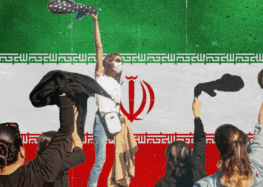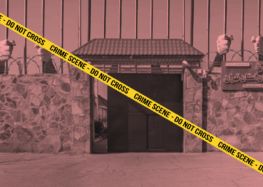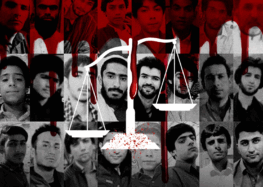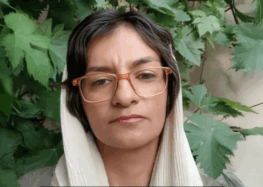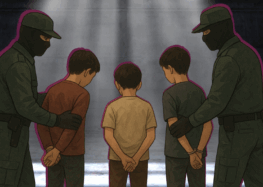Adnan Hassanpour
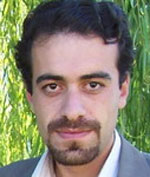 UPDATE: (15 October 2008) Adnan Hassanpour’s death sentence was reversed by the Head of the Judiciary on 3 September 2008. His case has been sent back to Sanandaj for review. His lawyer Mr. Nikbakht said, “The Islamic Revolutionary Court of Sanandaj has received Adnan’s case for review and was set to begin deliberation on 6 September.”
UPDATE: (15 October 2008) Adnan Hassanpour’s death sentence was reversed by the Head of the Judiciary on 3 September 2008. His case has been sent back to Sanandaj for review. His lawyer Mr. Nikbakht said, “The Islamic Revolutionary Court of Sanandaj has received Adnan’s case for review and was set to begin deliberation on 6 September.”
Adnan Hassanpour (27), arrested on January 25, 2007, is a well-known Kurdish journalist facing a death sentence following an unfair trial. The Revolutionary Court in the city of Marivan condemned Hassanpour to execution solely based on interrogation reports produced by the Intelligence Ministry. The Supreme Court confirmed his death sentence on July 17, 2007.
Hassanpour worked for several publications, and was a passionate defender of the freedom of expression. He was editor of the weekly Aso, published in Kurdish and Farsi, which the government shut down in 2005 for its outspoken defense of cultural rights. In summer of 2005, after the closure of Aso, the authorities summoned Hassanpour several times for interrogations regarding the magazine’s coverage of street protests that had occurred the previous spring.
His trail, on charges relating to his journalistic activities, was postponed twice without explanation. On January 25, two weeks before the date of his trail, intelligence agents unexpectedly detained him without charge. After four months in detention, without access to a lawyer, Revolutionary Court prosecutors charged Hassanpour with “espionage,” “acting against national security,” and “active armed resistance against the state” (Moharebeh), which is punishable by death under Iran’s Islamic Penal Code.
According to Hassanpour’s lawyer, Sirvan Houshmand, the legal case against Hassanpour rests purely on evidence from interrogation reports obtained during his detention. According to another of his lawyers, Saleh Nikbakht, Hassanpour supposedly “confessed” to gathering information on military installations and to having contact with a U.S. State Department official. Inside Iranian prisons, interrogators routinely subject detainees to physical and psychological ill-treatment to obtain coerced confessions, upon which charges are filed against detainees.
The Supreme Court confirmed Hassanpour’s death sentence on July 17, 2007, despite the fact that Hassanpour’s supposed confessions–obtained under interrogation in detention, and lacking any other corroborating evidence– by no means amount to Moharebeh, or active armed resistance against the state.
Hassanpour has a distinguished professional record as a journalist. The local government’s Cultural Bureau (Farhang va Ershad Islami) recognized his status as a prominent journalist by presenting him with appreciation awards in 2004 and 2005. In addition to working as editor of Aso, he was the managing director of Marivan Literary Association from 2001-2004 and edited the Association’s literary magazine, Rawt.

